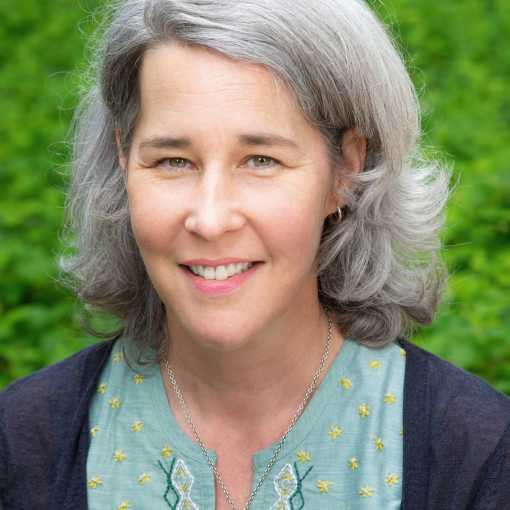Jagger, Pamela
Pam Jagger is a Professor at the University of Michigan in the School for Environment and Sustainability with a joint appointment in the Gerald Ford School of Public Policy. She works with EfD as an International Associate, a member of the Research Committee, and is engaged with both the Sustainable Energy Transitions Initiative (SETI) and the Women in Environmental Economics For Development (WinEED). She has conducted EfD Center reviews in South Africa, Vietnam, and Uganda. She was previously an Associate Professor at the University of North Carolina and has worked as a policy research scholar with the World Bank, Resources for the Future, the International Food Policy Research Institute, and the Center for International Forestry Research. She has a Master’s degree in Forest Economics from the University of Alberta (1994) and PhD in Public Policy from Indiana University (2009).
Pam is an on the Editorial Board of World Development and is an Associate Editor at Environment and Development Economics.
Research interest
Pam is an applied political economist whose research focuses on the dynamics of poverty and environment interactions in low-income countries. She leads the interdisciplinary FUEL Lab currently organized around three themes: environment and livelihoods, environmental governance, and energy poverty. The first theme focuses on quantifying the role of forests and the other environmental resources in household consumption and income generation, and understanding how contributions change in response to land use land cover change, implementation of conservation and development projects (e.g., REDD+), and population dynamics. The second theme examines the livelihood impacts of changes in environmental governance and institutions on access to environmental goods and services. The third theme examines the effectiveness of interventions designed to mitigate energy poverty and improve access to electricity and cleaner cooking. She is the Director of the National Science Foundation funded Energy Poverty PIRE in Southern Africa (EPPSA), a 5-year collaborative program to support research and training on the topic of energy access in Southern Africa. She is currently developing new reseach in the area of climate change and health.
Mentoring
Chaired and participated in committees of 24 PhD students in Environment and Sustainability, Natural Resource Economics, Applied Economics, Public Policy, Geography, and Public Health. Advised 13 undergraduate theses and 4 postdoctoral scholars.
Grants and consultancy
Co-Investigator, National Institutes of Health (NIH), National Institute on Aging, Developing Infrastructure for the Longitudinal Study of Health and Ageing in Kenya (LOSHAK) (2022)
Co-Investigator, National Institutes of Health (NIH), Clean Cooking Implementation Science Network, Fogarty International Center (FIC), Feasibility of Scaling ‘Clean Stacking’ Options in Southern Africa (2021)
Co-Investigator, National Geographic Society (NGS), Sustainable Cities Program, Searching for Clean Air and Sustainable Energy Transitions in Yangon, Myanmar (2018)
PI and PIRE Director, National Science Foundation (NSF), Partnerships in International Research and Education (PIRE), PIRE: Confronting Energy Poverty: Building an Interdisciplinary Evidence Base, Network, and Capacity for Transformative Change (2018)
Policy Engagement
NIH Steering Committee on Climate and Health, Center for Global Health Studies, Fogarty International Center (2023 - present)
United States Department of State, Air Quality Fellows Program, Providing technical support to U.S. Embassy in Chad (2023-24)
Clean Cooking Implementation Science Network Science to Policy Academy, Malawi Team Mentor (2021-22)
IUFRO Global Forest Expert Panel (GFEP) on Forests and Poverty (2019-2021)
Awards
Wilson Center International Fellowship, Woodrow Wilson Center, Washington, DC (2024/25)
